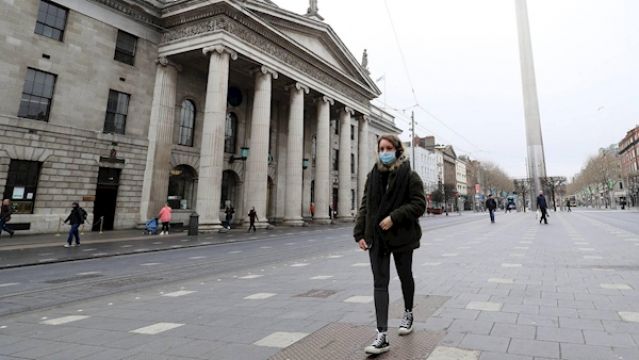“Along with Dublin, we have seen particularly concerning trends in Louth, Waterford and Donegal,” he said. “It is now absolutely essential that people act on public health advice and act as if they or those close to them are potentially infectious.”
Professor Philip Nolan, chairman of the NPHET Irish Epidemiological Modelling Advisory Group, said the reproduction number is between 1.3-1.7 nationally.
“I am more concerned than I have been at any point since late April,” he said.
“Case numbers appear to be growing exponentially and are likely to double every 10 to 14 days if every one of us does not immediately act to break chains of transmission of the virus.
“If we do not interrupt transmission now, bring the R number back to below one, modelling shows that we could have 500-1,000 cases per day by October 16, 50-60 per cent of which would be in Dublin.”
Three further Covid-19 related deaths were reported in the Republic of Ireland yesterday.
There have been 254 new cases of the virus confirmed in the last 24-hour reporting period, 136 of which were in Dublin.
We are seeing a sharp increase in rate of admissions of Covid-19 patients into our acute hospitals.
The fatalities take Ireland’s coronavirus death toll to 1,788.
There have been a total of 31,799 confirmed cases of Covid-19.
Dr Colm Henry, Chief Clinical Officer at the HSE, said: “There are currently 73 Covid-19 patients in hospital, nine of these have been admitted in the past 24 hours. 14 of these patients are in ICU. We are seeing a sharp increase in rate of admissions of Covid-19 patients into our acute hospitals.
"We know that without a reversal of these trends, admissions can escalate rapidly to the point where our healthcare facilities will be under unsustainable pressure. It is more essential than ever that we all adhere to the basic measures which can weaken the virus in the community.”







